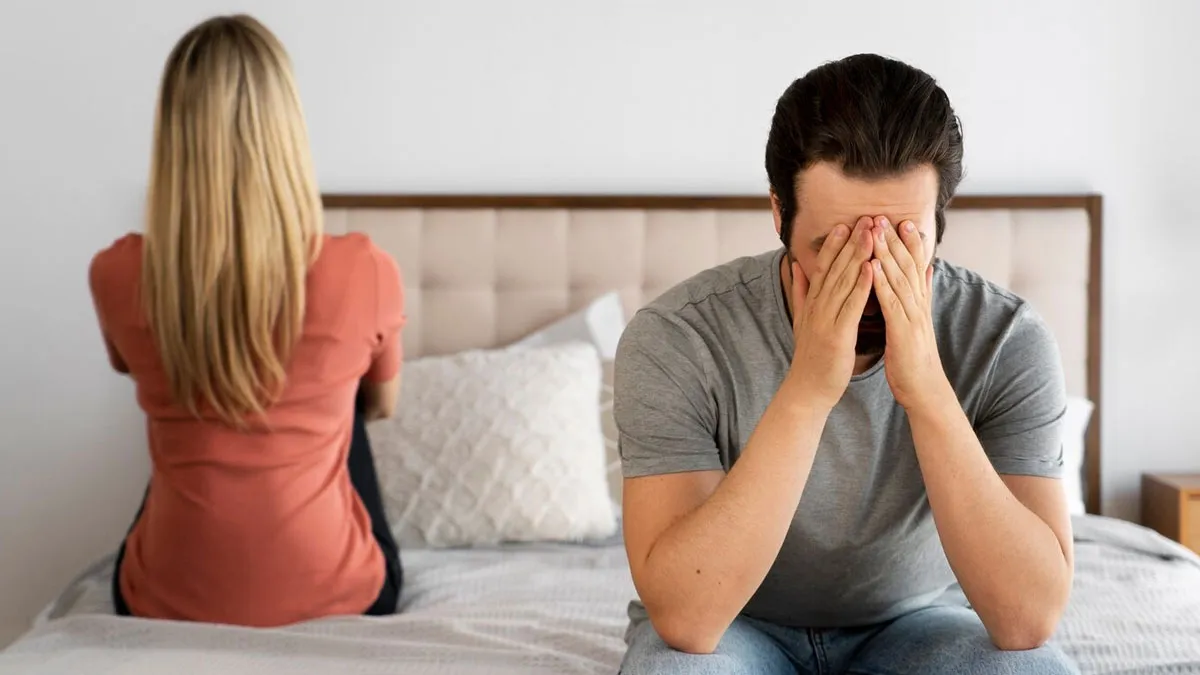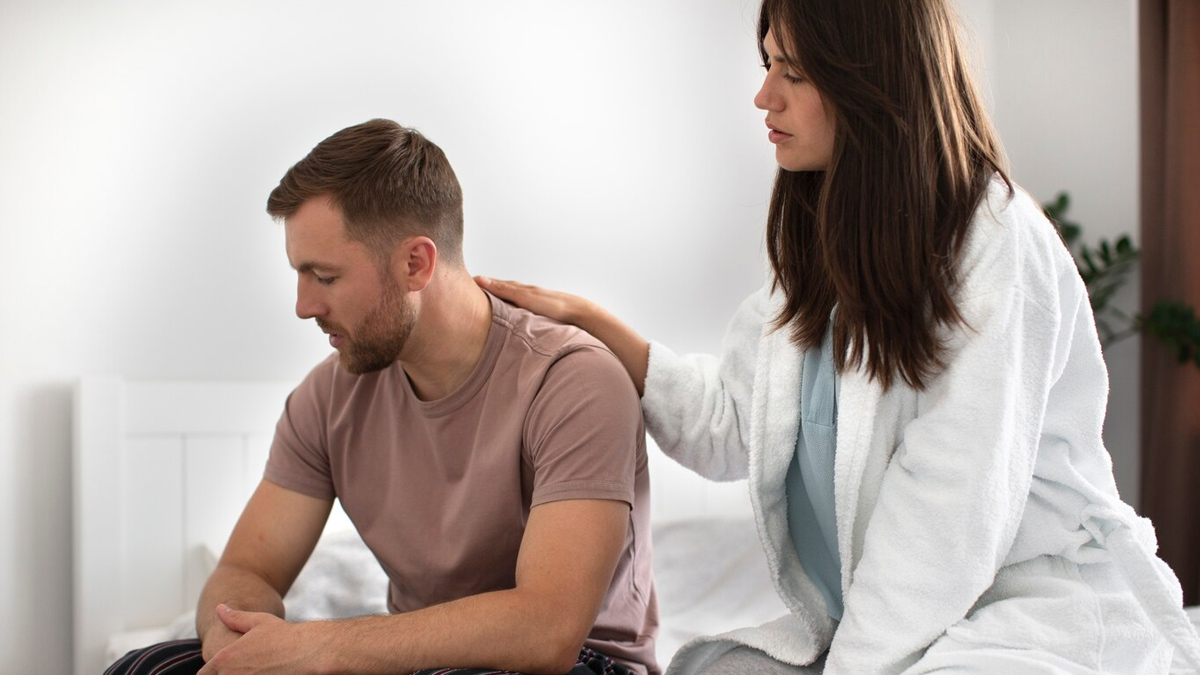
Talking about sexual health is still uncomfortable for many, even though issues like lack of interest or pain during sex, erection problems, and vaginal dryness are surprisingly common. For most, the immediate reaction is to look for a medical or pharmaceutical fix. But in many cases, that’s only part of the solution, if at all.
Table of Content:-
What we’re seeing now, is that changes in lifestyle, especially food habits and mental well-being play a huge role in reversing or improving these conditions. And this is backed by research too. To shed insight on this, we spoke to Dr Prof Deepak Jumani, Sexologist and Vaibhav Garg, Clinical Nutritionist, Co-Founder, In You, who explained how diet and counselling can help in overcoming sexual dysfunction.
Food and Hormones: It’s All Linked

“Sexual function doesn’t exist in a vacuum. It’s tied into everything else—our blood circulation, hormone levels, stress, and even how well we sleep. And all of those are affected by what we eat (or don’t eat),” said Dr Jumani.
For instance, one study published in JAMA Network Open back in 2020, found that men who followed a Mediterranean-style diet had a significantly lower risk of erectile dysfunction. This diet includes food ingredients like olive oil, nuts, fish, whole grains, and lots of fresh fruits and vegetables.
“For women, it’s a bit more complex because of the hormonal shifts that happen around perimenopause and menopause. But there too, we’ve seen that plant-based foods containing phytoestrogens like flaxseeds, soybeans, and pulses can help with lubrication and libido,” added Garg. One 2024 study showed noticeable improvements in women who were given flaxseed regularly.
“On the flip side, if someone is eating poorly, such as including processed or sugary foods, and skipping meals, their risk of conditions like diabetes, obesity, and high blood pressure increases. And all these conditions are linked to sexual health problems. Hence, cleaning up your diet helps more than just your waistline,” added Garg.
Also Read: Summer Lifestyles And Male Fertility: Alcohol, Smoking, And Hot Baths – A Dangerous Trio?
And Then There’s the Mind

We can’t ignore the psychological side of things. In fact, in many cases, the problem isn’t physical at all. Stress, performance pressure, unresolved emotional issues, low self-esteem, past trauma, and even simple communication gaps with a partner can all contribute to sexual dysfunction.
Therapies like CBT (Cognitive Behavioural Therapy), couples counselling, and even simple talk therapy have shown results. A 2013 meta-analysis published in The Journal of Sexual Medicine found that psychological interventions significantly improved sexual satisfaction and reduced symptom severity.
Especially in India, where sex remains a difficult topic for many to discuss, even in relationships, it's crucial to address the emotional and cultural baggage.
Also Read: SexEd: Expert Shares Why It's Important To Pee After Getting Intimate With Your Partner
The Bigger Picture
“At the end of the day, there’s no magic pill. A truly effective approach to sexual health must be a mix of physical, nutritional, emotional, and sometimes medical support. That’s why we keep stressing a more integrated model: eat better, manage stress, talk openly (whether with a partner or a professional), and take care of your whole self,” added Dr Jumani.
“There are also supplements now that combine natural ingredients, vitamins, and herbs in the right proportions, formulated based on actual science and clinical studies. These aren’t quick fixes, but they can support the process when used wisely,” said Garg.
Bottomline
The key is: don’t ignore it. Don’t assume it’s just in your head, or that it’s just 'age,' or stress, or something you must live with. Whether it’s food or feelings, everything counts when it comes to intimacy and sexual well-being.
[Disclaimer: This article contains information provided by an expert and is for informational purposes only. Hence, we advise you to consult your professional if you are dealing with any health issue to avoid complications.]
Also watch this video
How we keep this article up to date:
We work with experts and keep a close eye on the latest in health and wellness. Whenever there is a new research or helpful information, we update our articles with accurate and useful advice.
Current Version